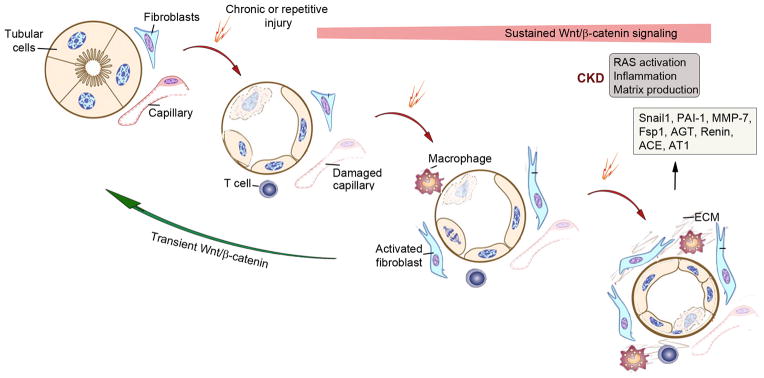Figure 3. Wnt/β-catenin signaling promotes maladaptive responses after chronic injury.
Following chronic, repetitive or severe injury, kidneys endure maladaptive responses that lead to CKD after the initial attempts of repair have failed. Sustained, but not transient, activation of Wnt/β-catenin signaling is crucial in triggering such maladaptive responses and causing destructive outcomes. Sustained Wnt//b-catenin signaling causes uncontrolled fibroblast activation, renin-angiotensin system (RAS) activation, inflammation and excessive deposition of extracellular matrix (ECM). Hyperactive Wnt/β-catenin also induces Snial1, plasminogen activator inhibitor 1 (PAI-1), MMP-7, fibroblast-specific protein 1 (Fsp1) and multiple components of RAS, all of which are relevant to CKD progression.

